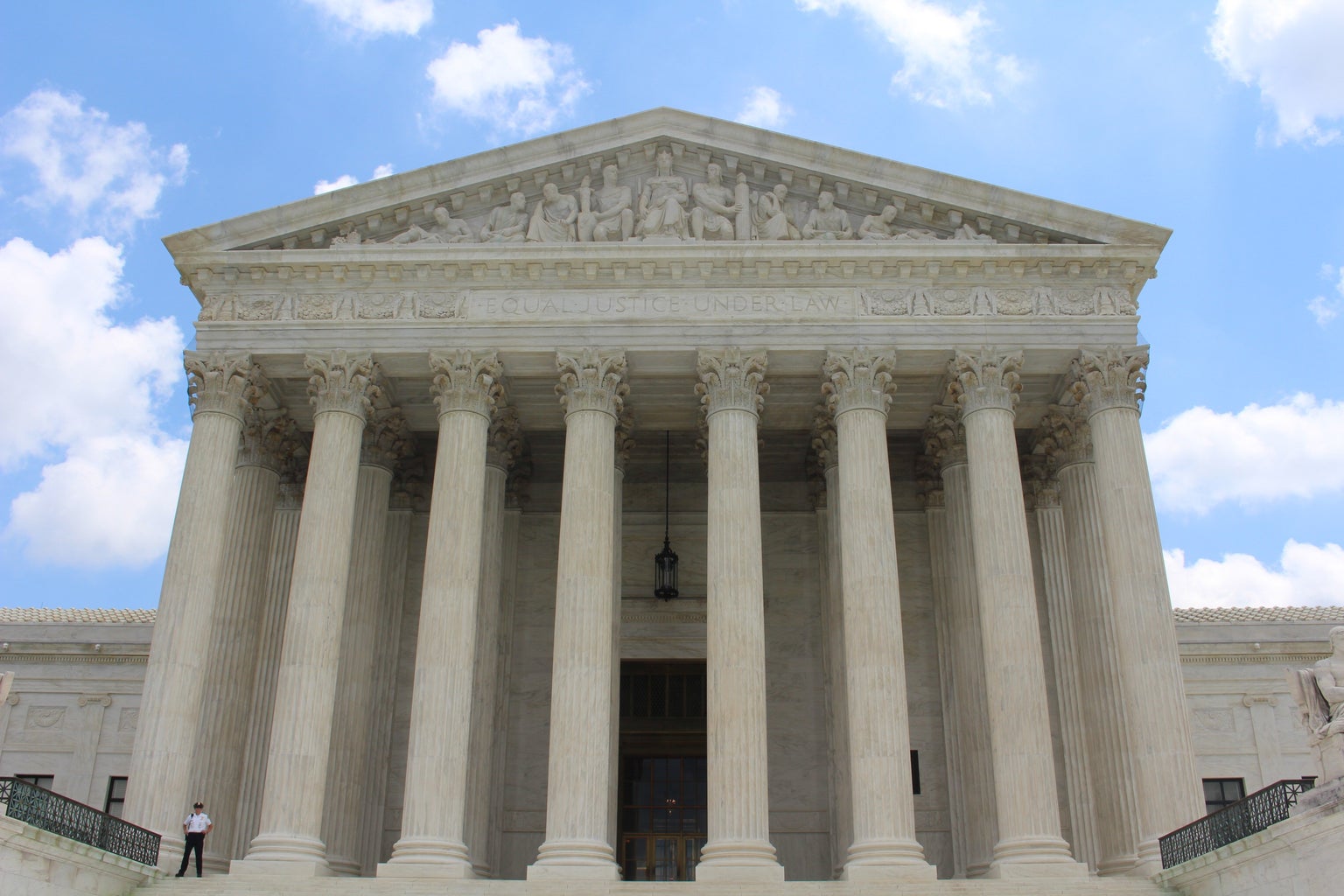Disclaimer: this article will be solely based on facts and information for those who maybe interested regarding the impact and purpose of Roe vs. Wade in the Constitution or are looking for an explanation that is broken down into a smaller and compressed portion.
Roe vs. Wade was officially ruled in as part of the United States Constitution in the year 1973 on the 22nd of January, where the Supreme Court ruled in favor.
Norma McCorvey, also known as Jane Roe in court, was a young lady who lived in Texas in 1969 and wanted to end an undesired pregnancy due to financial hardship and other personal situations. Although abortions were technically permitted in the state of Texas in 1969, they were only allowed in certain circumstances where it was required to save a “woman’s life.” Jane Roe would soon challenge the United States Constitution to change in favor of giving woman options during there pregnancy. In 1973, the Supreme Court announced a “7-2 ruling” overturning a Texas abortion restriction that had extended statewide, allowing abortion to be legalized.
The Roe vs. Wade constitutional right proposes to allow and provide access to safe and legal abortions. In 2021, the protection for women to have the option of an abortion is currently being challenged once again to reverse this constitution in the state of Texas. The state of Texas created a bill to challenge this constitution to ban abortions, which became effective on September 1st and was signed by governor Greg Abbott. What does that mean? Well, due to this new law, it is stated that it will be illegal for a woman to have an abortion after six weeks. This has become an immense issue due to many women are unaware of pregnancy’s until after six weeks. In addition, this new law that was passed by the state of Texas has violated the Roe vs. Wade constitution which has protected women with the option of abortions. The new abortion law has been named as the “Texas Heartbeat Act”, referring to the ban of abortions to fetus who either have a sign of a heartbeat or are passed six weeks.


